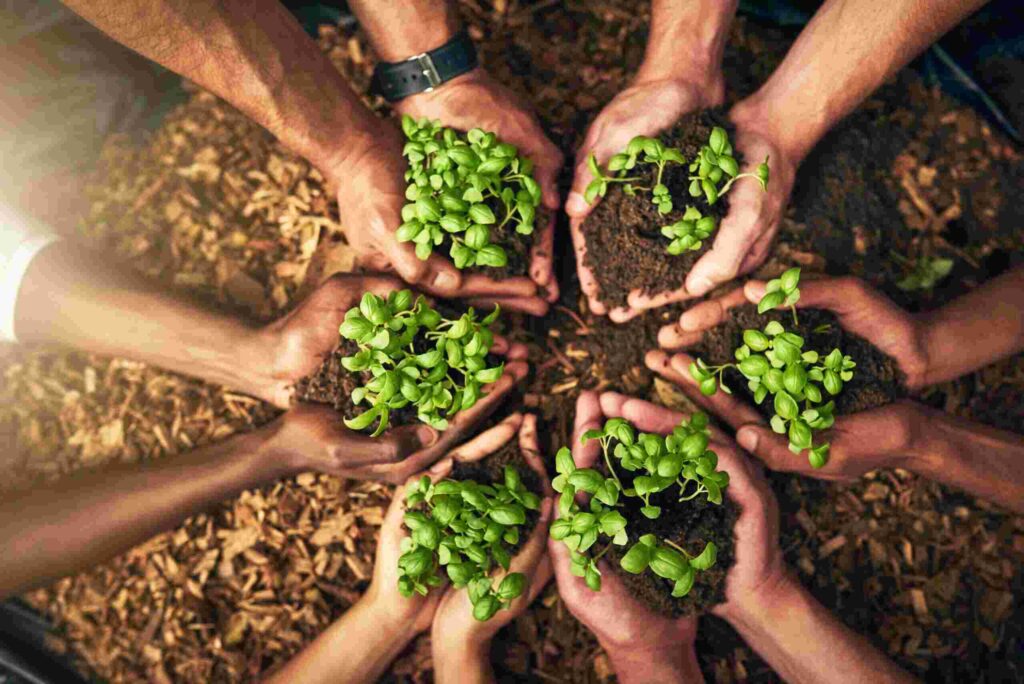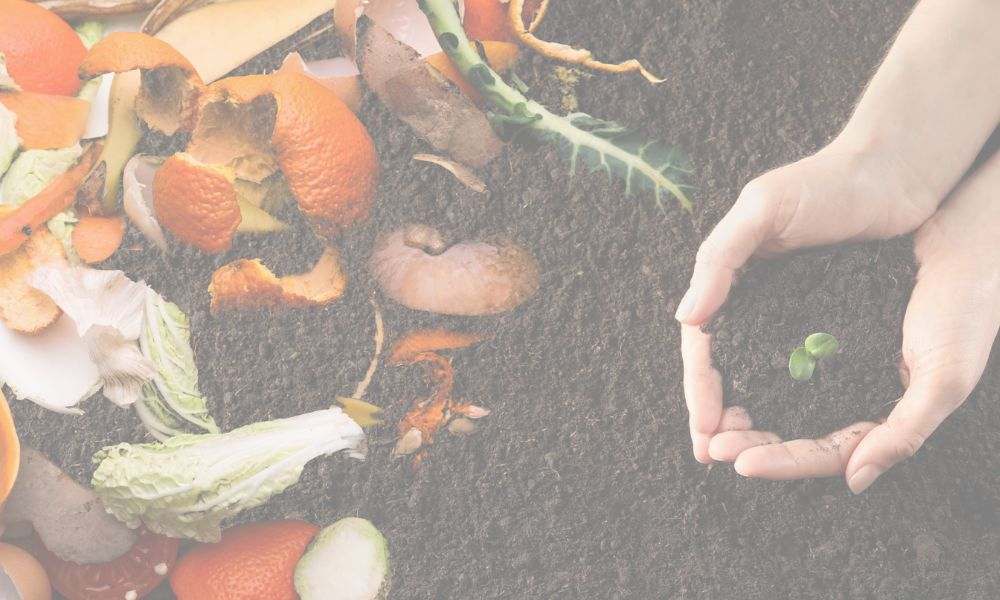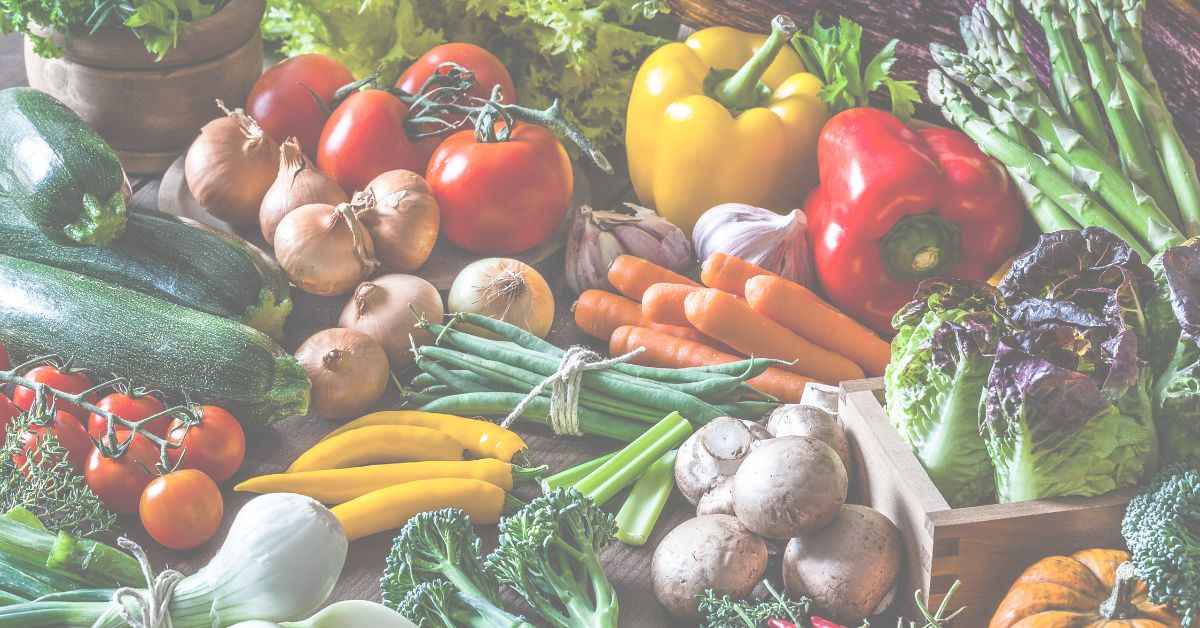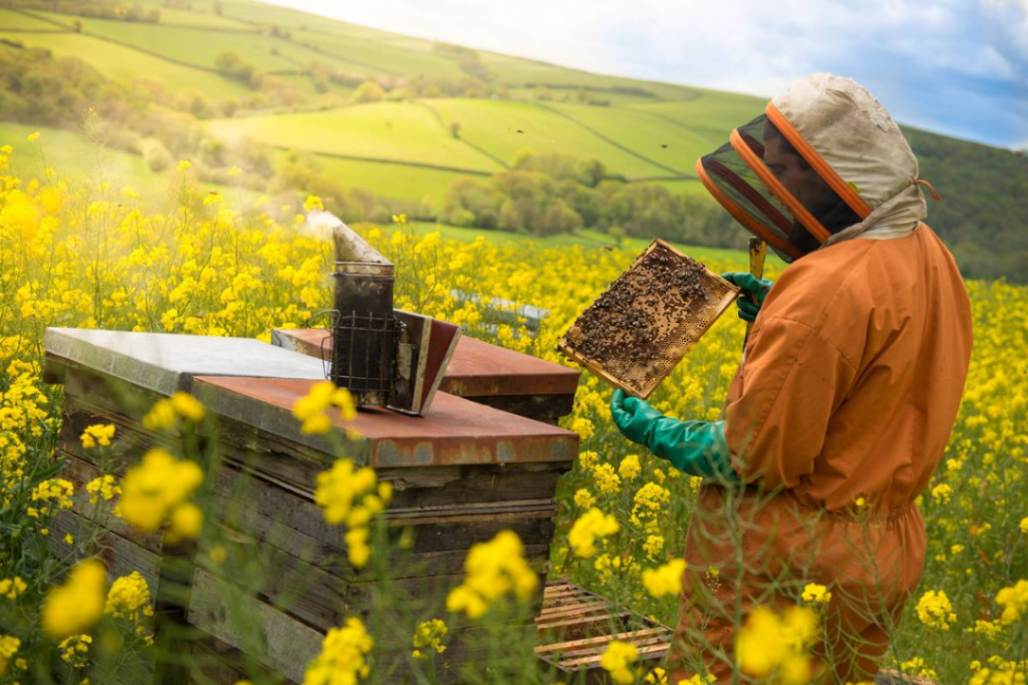Introduction:-
Every year on April 22, Green Earth Day, also known as Earth Day, is celebrated to bring attention to environmental problems and encourage action that would preserve the environment. Since its establishment in 1970, Earth Day has grown to be a significant international event that is celebrated by millions of people every year. Each year, Earth Day has a theme that highlights an environmental concern. The theme for Earth Day 2024 is “Planet vs. Plastics,” which calls to advocate for widespread awareness of the health risks of plastics, and rapidly phase out all single-use plastics. Plastic Pollution, and demand an end to fast fashion. Join us as we build a plastic-free planet for generations to come! Commitment to end plastics for the sake of human and planetary health, demanding a 60% reduction in the production of all plastics by 2040.
Importance of Earth Day:
To bring attention to environmental problems like pollution, deforestation, and climate change, we celebrate Earth Day. It acts as an alarm for people, groups, and institutions of government to safeguard the environment for present and future generations.
The opportunity to promote sustainable practices in every aspect of life, including agriculture, is huge when people, communities, and nations unite to celebrate Earth Day. In this blog we’re looking closely at sustainable farming, also known as sustainable agriculture, in the celebration of Earth Day on April 22.

What is Sustainable Agriculture?
A farming system that seeks to maintain the environment while guaranteeing the continued success of the farming business is referred to as “sustainable agriculture.” Harmony with nature is the core principle of sustainable agriculture. When compared to traditional farming practices, which frequently depend on chemical inputs and monocropping, sustainable farming places a focus on comprehensive strategies that give soil health, biodiversity, and protecting the environment priority. The goal of sustainable agriculture is to meet society’s needs without compromising the same needs of future generations. We must adopt sustainable farming practices since they not only guarantee food security but also protect the environment for coming generations.
India has noticed a rise in the use of sustainable agriculture as farmers and officials realized how critical it is to protect the country’s natural resources for coming generations.
Sustainable Agriculture Methods in India:
A wide range of methods are included in sustainable agricultural practices to reduce impact on the environment and increase output. These include:-
- Organic Farming:-
The environmentally friendly approach of Organic Farming has made it popular in India. Organic farming protects the environment by avoiding chemical fertilizers and pesticides, which also limits the release of chemicals into water and maintains soil health. Organic Farmers rely on the use of natural inputs like organic manure, compost, and biofertilizers. Organic farming guarantees that the land will stay fertile for future generations by encouraging biodiversity and soil health. It also helps to lower greenhouse gas emissions and increase water retention.
- Agroforestry:-
Agroforestry is a sustainable method of land use that utilizes cattle, crops, and trees in a mutually beneficial way. It involves including plants and trees in conventional farming practices to boost sustainability overall and encourage biodiversity. With a density of 1.02%, agroforestry is becoming more popular in methods of sustainable agriculture. Agroforestry is being used by farmers in India to prevent deforestation, increase biodiversity, and strengthen the general health of ecosystems. Farmers can generate microclimates, prevent soil erosion, and add extra income by planting trees next to their crops by selling timber and non-timber forest products.
- Crop Rotation:-
Crop rotation prevents the growth of diseases and pests and improves soil health by changing the crops cultivated in a given field from season to season. By preventing nutrient depletion, pest infestations, and degradation of the soil, this technique supports a stronger and more resilient farming ecosystem. These methods improve soil fertility, reduce the chance of crop failure, and increase biodiversity.
- Vermicomposting:-
Vermicomposting is a composting process that is environmentally friendly and produces nutrient-rich vermicompost by utilizing earthworms to break down organic waste. This method not only reduces the amount of work related to the disposal of waste, but it also improves the soil by adding vital nutrients. Vermicomposting is a popular method among Indian farmers to convert kitchen leftovers, animal manure, and agricultural waste into beneficial organic fertilizers.
- Water Conservation & Rain Water Harvesting:-
Adopting strategies like mulching, drip irrigation, and rainwater harvesting reduces waste and guarantees effective use of this valuable resource.
- Precision Farming:-
To maximize farm management choices, precision farming makes use of sensors, drones, and data analytics. Farmers may precisely handle water, fertilizers, and pesticides to maximize harvests and minimize waste by keeping an eye on weather patterns, crop health, and soil conditions. Precision farming increases productivity while simultaneously conserving critical resources.
- Integrated Pest Management (IPM):-
With a focus on natural pest control, integrated pest management incorporates methods such as cover crops, mulching, and permaculture. These methods remove the need for chemical pesticides, enabling a more sustainable and environmentally responsible approach.

Sustainable Agriculture Initiatives in India
- National Mission for Sustainable Agriculture:-
The National Mission for Sustainable Agriculture (NMSA) is responsible for guiding sustainable agriculture practices throughout the country. NMSA was established to address climate change concerns and ensure the long-term sustainability of Indian agriculture. Its primary focus is on developing agriculture, crop rotation, and integrated farming systems.
- Sustainable Development Goal (SDG) for Agriculture:
Sustainable agriculture complies with the United Nations’ Sustainable Development Goals, which aim at ending hunger, ensuring food security, enhancing nutrition, and promoting sustainable agriculture by 2030.
- States Leading the Way in Sustainable Agriculture:-
Several Indian states have taken aggressive steps to promote sustainable agriculture techniques. Farmers in states such as Punjab, Karnataka, and Maharashtra are actively applying eco-friendly ways to increase productivity while reducing environmental effects.
- Pioneers of Sustainable Agriculture in India:-
Innovative leaders as well as farmers were responsible for introducing sustainable agriculture in India. Notable figures include M.S. Swaminathan, called the “Father of the Green Revolution in India,” and Subhash Palekar, known as the “Father of Zero Budget Natural Farming.”
- Global Perspective on Sustainable Agriculture:-
Several countries worldwide have adopted sustainable agriculture, with Denmark, the Netherlands, and New Zealand frequently recognized as role models. These countries prioritize organic farming, precision agriculture, and cutting-edge technologies to ensure sustainable and environmentally friendly practices.
- India’s First Sustainable City:-
Chandigarh is often regarded as India’s first sustainable city. Le Corbusier, the renowned architect, designed Chandigarh, which integrates green areas, efficient urban planning, and sustainable infrastructure.
- Embrace Regenerative Agriculture:
Explore regenerative agriculture practices, which go beyond sustainability to actively restore and regenerate ecosystems. Techniques such as agroforestry, cover cropping, and rotational grazing help build soil health, sequester carbon, and enhance biodiversity.
Conclusion:-
As we celebrate Earth Day on April 22nd, let us renew our dedication to sustainable farming techniques. We can make the world a better place for future generations by encouraging innovation, collaboration, and collective action. As Sapagro suggests, the path to sustainability begins with a single seed, carefully sown and managed with respect for the Earth.
Let us celebrate Earth Day not just as a day of awareness, but also as an opportunity for major improvements in our farming methods. Together, we can plant the seeds of sustainability and reap a plentiful crop of optimism for the future. Remember, There is no Planet B.






